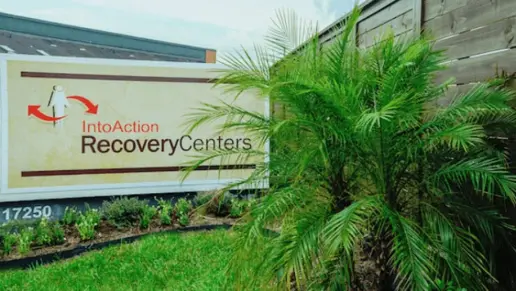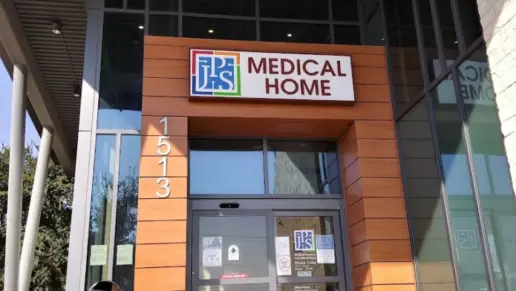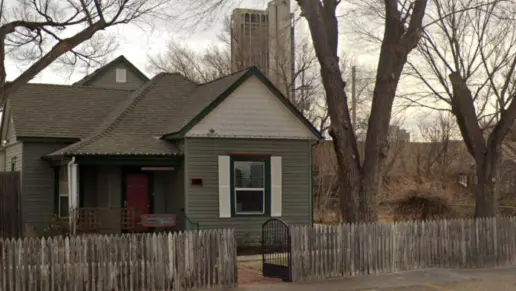About More Than Rehab
More Than Rehab, as its name suggests, is a drug rehab clinic located in Bryan, Texas. While they have three different locations, all in Texas, we’ll be focusing on this location today. Luckily, this location offers every level of care, ensuring that you can get help at any point in your recovery journey, or that they can meet you where you already are. They offer medicated detox services, residential care, partial hospitalization (PHP), intensive (IOP) and standard outpatient (OP), and even aftercare programs.
Their residential program usually spans between 30 and 60 days, depending on your specific needs and the severity of your addiction. Partial hospitalization care is the second level of care that’s closest to residential care. You’ll have a strict schedule of therapy all day, but you’ll still be able to return home after that.
Following that is intensive outpatient and standard outpatient treatment, which are a step beneath their PHP. Aftercare can help ensure that you stay on the right course and don’t relapse. Their relapse prevention program also helps ensure this goal.
This facility also offers medication assisted treatment (MAT), since they know that certain addictions, such as opioids and alcohol, can cause potentially dangerous withdrawal symptoms if not handled correctly. Medications like Vivitrol and Suboxone can make it much easier to quit drugs or alcohol without dealing with the intensity of those withdrawal symptoms or cravings.
They also offer counseling services, such as individual counseling, group therapy, and family therapy. Individual therapy puts you in conversation with a professional therapist who can help you identify your triggers, deal with past trauma, and learn coping skills. Group therapy is a community effort that keeps everyone accountable for each other while you learn from each other’s experiences. They also offer holistic and faith-based services.
Facility Overview
Latest Reviews
Rehab Score
Gallery



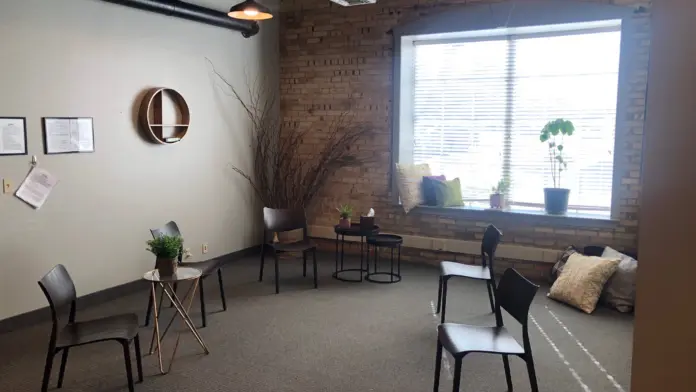
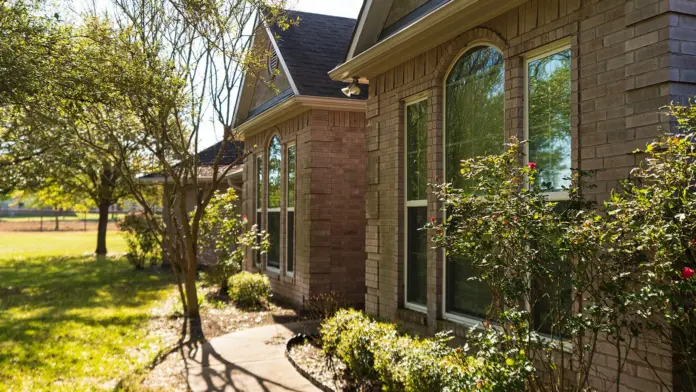
Location
Accepted Insurance
Other Forms of Payment
Private insurance refers to any kind of healthcare coverage that isn't from the state or federal government. This includes individual and family plans offered by an employer or purchased from the Insurance Marketplace. Every plan will have different requirements and out of pocket costs so be sure to get the full details before you start treatment.
Self-pay involves paying for treatment out of your own pocket. You can use savings or credit, get a personal loan, or receive help from family and friends to fund your treatment. If you don't have insurance or your insurance plan doesn't cover a specific program, self-pay can help ensure you still get the care you need.
Military members, veterans, and eligible dependents have access to specific insurance programs that help them get the care they need. TRICARE and VA insurance can help you access low cost or no cost addiction and mental health treatment. Programs that accept military insurance often have targeted treatment focused on the unique challenges military members, veterans, and their families face.
Addiction Treatments
Levels of Care
Treatments
Substance rehabs focus on helping individuals recover from substance abuse, including alcohol and drug addiction (both illegal and prescription drugs). They often include the opportunity to engage in both individual as well as group therapy.
Programs


Clinical Services
The goal of cognitive behavioral therapy (CBT) in Texas is to change thought patterns, which leads to changes in behavior. Specific techniques during CBT can include self talk, SMART goals, journaling, and positive activities.
Treatment that takes a dialectical behavior therapy approach focuses on four strategies. Distress tolerance will help you accept and tolerate intense emotions. Emotional regulation will teach you to manage those emotions. Mindfulness will keep you in the present moment instead of regret or worry. Interpersonal effectiveness will teach you to manage your relationships.
Peer support is an important aspect of group therapy sessions for drug and alcohol addiction. As you and your peers share stories and encourage each other, it fosters a sense of community and belonging that helps you process your feelings and reduces the sense of isolation that is associated with addiction.
Individual therapy offers you a confidential space to address the complexities of your drug or alcohol addiction. Your therapist guides these personalized sessions to help develop self awareness and manage stress. This promotes sustained sobriety and overall well being.
Therapy sessions that incorporate motivational interviewing focus on OARS: open questions, affirmation, reflections, and summarizing. This facilitates an exchange of information and an empowering of the client to decide for themselves what changes might need to be made in their lives.
Together with an experienced trauma therapist, you work on healing emotional wounds from traumatic experiences within a trauma therapy environment. Your therapist will help you process the experience of the trauma, which promotes emotional healing and improves your overall mental health.
Couples therapy helps couples learn to control emotions, trust each other, and communicate more effectively. It can be useful for short term intervention for a specific issue or for working on the relationship long term.
The purpose of family therapy is to create a supportive and understanding family dynamic within the family unit. Therapists help individual members to identify and change harmful behavior patterns and improve communication. This provides a stable foundation for the family and their loved one's recovery.
Amenities
-
Residential Setting
-
Private Rooms
-
Mountain Views
-
Gardens
Staff & Accreditations
Staff

Executive Director

Psychiatric Director
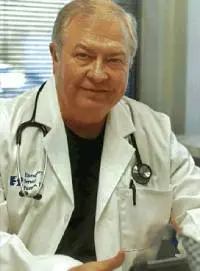
Medical Director

Clinical Director
Accreditations

LegitScript has reviewed More Than Rehab as part of their certification program, and has determined that it meets the LegitScript standards for legality, safety and transparency.
LegitScript verified in

The Joint Commission, formerly known as JCAHO, is a nonprofit organization that accredits rehab organizations and programs. Founded in 1951, the Joint Commision's mission is to improve the quality of patient care and demonstrating the quality of patient care.
Joint Commission Accreditation: Yes
Contact Information
3201 University Dr E
Suite 280
Bryan, TX 77802




